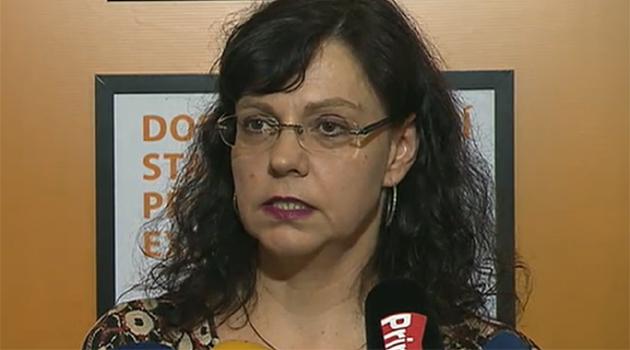Czech Republic: Half a million people are housing insecure

Around half a million citizens of the Czech Republic are at risk of losing their housing. Many families with young children are among them.
Tens of thousands of people are living in undignified conditions in residential hotels where, paradoxically, the rents charged for their poverty are higher than they would be on the normal apartment market. It has been this way for years and politicians have proven incapable of doing anything about it.
Will the new Social Housing Concept finally bring about change? It was presented on 27 January by the Czech Labor and Social Affairs Ministry (MPSV) at a conference in the Czech Senate.
Through a three-tier system, the concept should aid individuals and entire families who have ended up on the street because of their difficult financial situations, or who are at risk of ending up there soon, to once again acquire a dignified home base. It primarily targets homeless people, persons who have been forced to live in residential hotels in socially excluded localities, persons living with disabilities, senior citizens, single parents and young adults leaving state care.
"Paradoxically, low-income people in the Czech Republic spend more of their income on housing than higher-income people do. Many people living in residential hotels, people living with disabilities, senior citizens and single parents are grappling with the problem of finding available quality housing," says the MPSV press release.
A new law on social housing will be based on the concept, which should be discussed by the Government this February. The law itself should take effect at the beginning of 2017.
"A system of accessible, dignified housing is the key to addressing many other social problems affecting households today, such as the debt trap, eliminating socially excluded localities, family reunification and many others. We have collaborated on this proposal with experts, municipal representatives and public platforms. The concept does its best to reflect examples of good practice, not only from the Czech Republic, but also from abroad," says Czech Labor and Social Affairs Minister Michaela Marksová.
The risk of losing housing affects a considerable number of people. According to Zuzana Jentschke Stőcklová, Deputy Minister for Family and Social Policy, as many as half a million citizens of the Czech Republic fall into this category.
Frequently entire families with children are at risk. "What is specific about our country is that there are many families with children in the residential hotels. That does not happen in Western countries, such families are usually helped by the safety net there," Štěpán Ripka of the Platform for Social Housing said at the conference, according to news server iDNES.cz.
Two years from now, people in need could receive either crisis housing intended for persons in exceptionally difficult situations, a so-called affordable apartment, or a social apartment, depending on the degree of seriousness of their specific situations. Before an applicant enters the affordable housing system, the Labor Office would verify their financial circumstances.
For the first two forms of social housing, crisis housing and social apartments, occupancy would be conditional on the tenant taking advantage of social worker aid and adhering to clearly-established terms. The third form of housing, the affordable apartment, would be intended for permanent housing at a discounted rent compared to the market rents customary in a given location.
The aim is for people to be able to gradually find their own housing or to pay market rents. People living with disabilities and senior citizens will be able to permanently reside in affordable apartments unless their incomes increase.
Municipalities will be able to take advantage of more resources to provide this affordable social housing. The financing will be drawn both from the Czech state budget and from EU funds.
At the same time, municipalities can also use their existing housing stocks for these purposes, building or reconstructing new apartments, taking advantage of the services provided by churches and nonprofit organizations, or renting apartments from private landlords. "There is funding available for building and reconstruction or for acquiring as many as 5 000 apartments right now within the framework of the Integrated Regional Operational Program, and those funds will probably become available this year, before the new law takes effect," MPSV press spokesperson Petr Habáň said; more than 70 experts from organizations representing municipalities, experts from the state sphere and representatives of the nonprofit sector contributed to the Social Housing Concept.